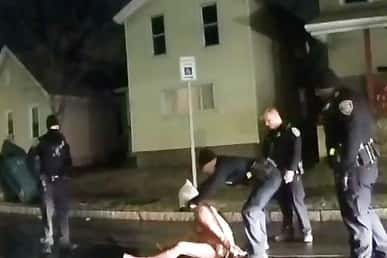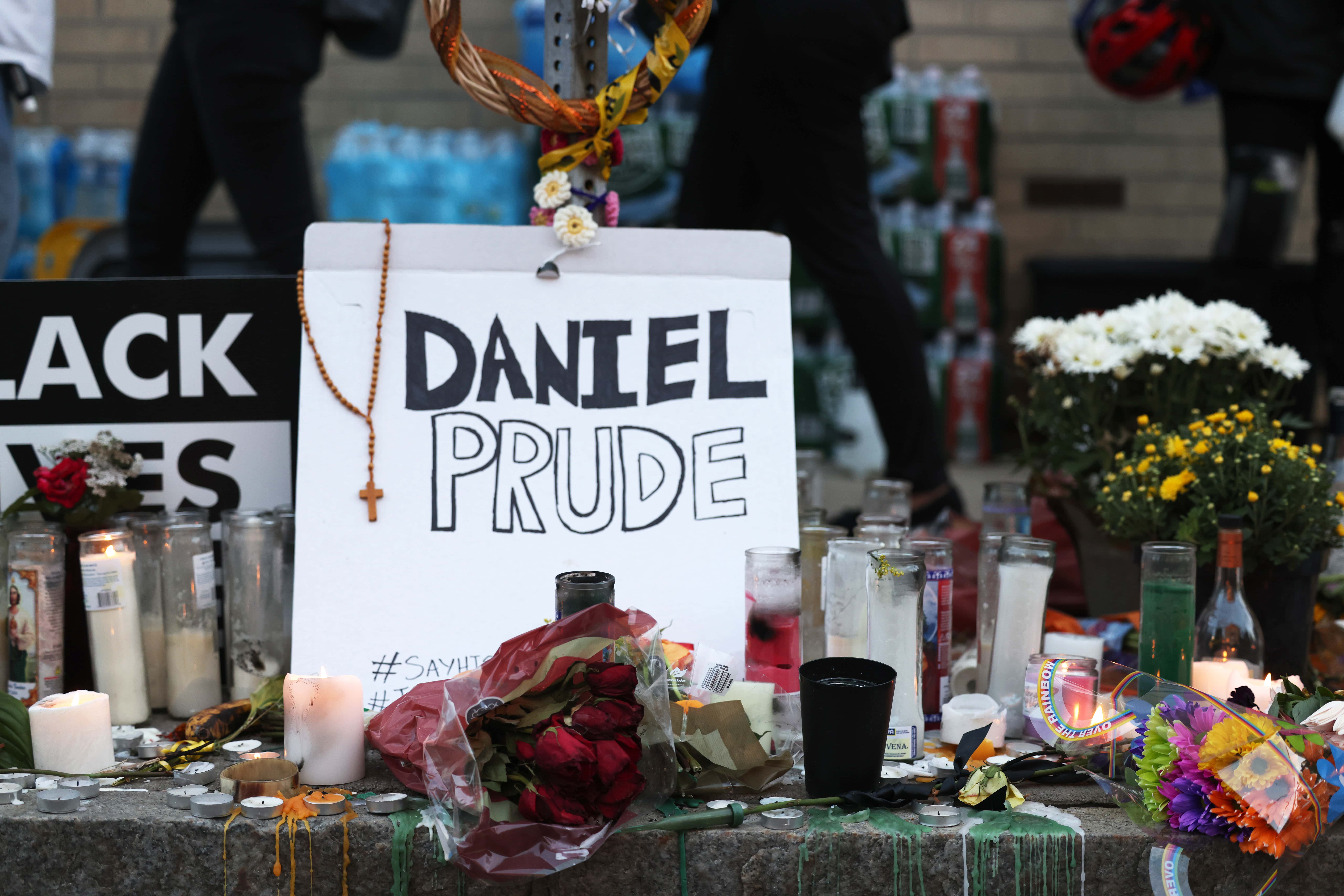Black Lives Matter: Where are the 7 NY cops who killed Daniel Prude? Jury found them not guilty despite evidence

Daniel Prude was naked when he was pressed to the pavement by police officers in Rochester, New York. He was handcuffed, yet the officers continued to apply pressure on his neck, until he suffocated. Seven officers responded to that event, none of them have been charged. It's just the latest in a long line of cases where police brutality has gone unpunished in the US, despite clear evidence to the contrary.
In the case of Prude, bodycam footage clearly shows the police applying more pressure than necessary. If that wasn't enough, the Monroe County Medical Examiner’s Office ruled the cause of death as asphyxia due to physical restraint. It was ruled a homicide.
RELATED ARTICLES
Prude was an unarmed 41-year-old who was suffering from what appeared to be a psychotic episode. He needed help and compassion, instead, he got death. Here's the tragic story and how justice has once again failed African-Americans.

How did Daniel Prude die?
On March 22, 2020, Daniel ended up at the house of his brother Joe, all the way from Chicago. On arrival, he began acting erratically at Joe's home in Rochester. Joe dialed emergency services, and Daniel was taken to Strong Memorial Hospital. There, he was diagnosed with a mental health condition but he wasn't admitted. Hours later, he ran away from Joe's home, naked. Worried about his wellbeing, Joe dialed 911 again.
Minutes later, cops found Daniel acting irrationally and spitting, claiming to have Covid-19. The officers placed a 'spit hood' over him. He attempted to stand up, forcing officers to hold him to the ground. For around two minutes, Officer Mark Vaughn used his body weight to pin Prude's head to the ground, choking him. He was taken to Strong Memorial Hospital and was declared brain dead due to the lack of oxygen. A week later, the family decided to remove him from life support.
There was no doubt, the pressure applied to Prude's head killed him. But it took weeks for the story to come out. Police commanders urged city officials not to release the bodycam footage. Deputy Chief Mark Simmons wrote in an email: “We certainly do not want people to misinterpret the officers’ actions and conflate this incident with any recent killings of unarmed black men by law enforcement nationally. That would simply be a false narrative, and could create animosity and potentially violent blowback in this community as a result.”
Then, the city did leading to a chaotic and ultimately disappointing series of outcomes.

What happened to the cops?
Seven cops responded to the incident that night — officers Mark Vaughn, Troy Taladay, Paul Ricotta, Francisco Santiago, Andrew Specksgoor, Josiah Harris, and Sgt. Michael Magri. The Rochester Police Department (RPD) took up the investigation but suspended it after Governor Andrew Cuomo as New York's Attorney General to look into the matter. For months, the PRD attempted to cover up the case as a fatal drug interaction.
On August 20, despite insistence otherwise, the department released the footage to Prude's family. That set of a massive fallout, with the seven officers being suspended without pay on September 3. "I am suspending the officers in question today against council’s advice, and I urge the attorney general to complete her investigation,” Mayor Lovely Warren said. On 14 September, the city released all the documents, police reports and emails.
New York's AG Letitia James presented the case to a grand jury, who decided not to indict any of the officers on February 23, 2021. Despite weeks of protests, none of the officers faced an indictment. Rochester police chief Cynthia Herriott-Sullivan said the seven will remain suspended till the completion of an internal inquiry. No deadline was given for the same, but it is unlikely that they will face any serious actions. Despite the overwhelming evidence, the officers will likely resume their jobs sometime in the summer.
Even if they are suspended from the RPD, the cops can move to another police department. It's unclear where they are now, or what they are doing, but the seven will probably never see a day in court for their actions. “The criminal justice system has demonstrated an unwillingness to hold law enforcement officers accountable in the unjustified killing of unarmed African-Americans,” James said after the jury's verdict. It sadly seems to be a very common pattern.










